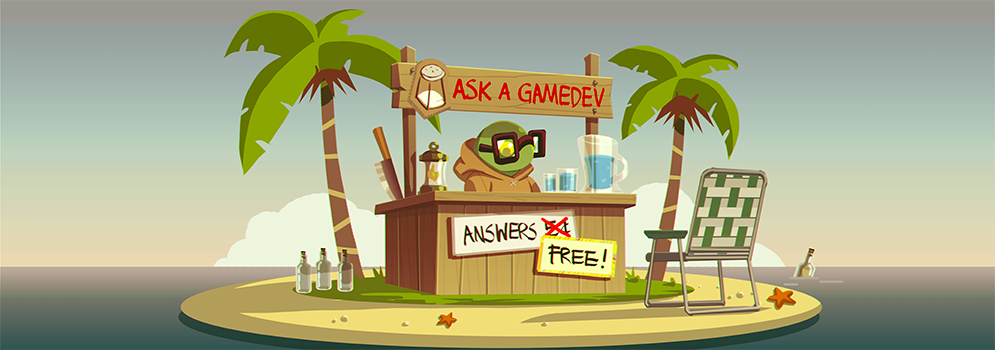There was a popular video a few years back (What games are like for someone who doesn't play games). It struck me as a gamer because of how much unwritten "gamer intuition" that we just learned over time and tutorials sometimes seem to take this for granted (ie Day9's criticism of Tears of the Kingdom). What do gamedevs keep in mind when crafting a tutorial for gamers but also for newcomers to gaming or the genre of the game?
Most game dev teams have a strong idea of who our game's target audience is, and that includes the kind of context they should already have. If we're building a big budget AAA first person shooter, we can expect that our representative player recognizes and likes first person shooters and is likely already familiar with the basics of how to play them. It is unlikely we will need to teach them the very basics like how to move about the map and aim or what strafing is. If we're building a casual mobile game where we expect our representative player is new to games and lacks the context needed to play, we'll need to spend more effort to teach them that context.
The need for tutorialization is especially high in two major cases:
- When introducing new kinds of gameplay for which there the player doesn't have much or any existing context from other games or real life. Players have no context for the new gameplay, so they need to be taught much more carefully so they can learn. If you've ever seen a player play Dance Dance Revolution for the first time, you'll see what I mean - there's a lot of awkwardness before they start to look more comfortable with playing it. Final Fantasy 13's role change system was similar - it was so significantly different from conventional wisdom that the tutorial elements were spread out over many hours in order to get players familiar with it.
- When introducing gameplay that specifically conflicts with conventional wisdom. Players already have habits, conventions, and muscle memory associated with that kind of gameplay, so having things work differently will require a lot of unlearning the old habits in order to learn the new ones. If anyone's played the first Mass Effect, you'll probably understand - the aiming and reticle system in Mass Effect 1 is a façade. Putting the crosshairs on a target's head and firing will not guarantee a headshot, even with a sniper rifle. This choice broke a lot of established shooter conventions and caused significant player confusion.
In these situations, it is a good idea to spend significantly more resources on tutorials than games with more traditional gameplay. We, unfortunately, don't always get the resources to do that. In those cases, it ends up hurting the game's reception because players will often miss the features entirely and then complain they aren't there.
[Join us on Discord] and/or [Support us on Patreon]
Got a burning question you want answered?
- Short questions: Ask a Game Dev on Twitter
- Long questions: Ask a Game Dev on Tumblr
- Frequent Questions: The FAQ

